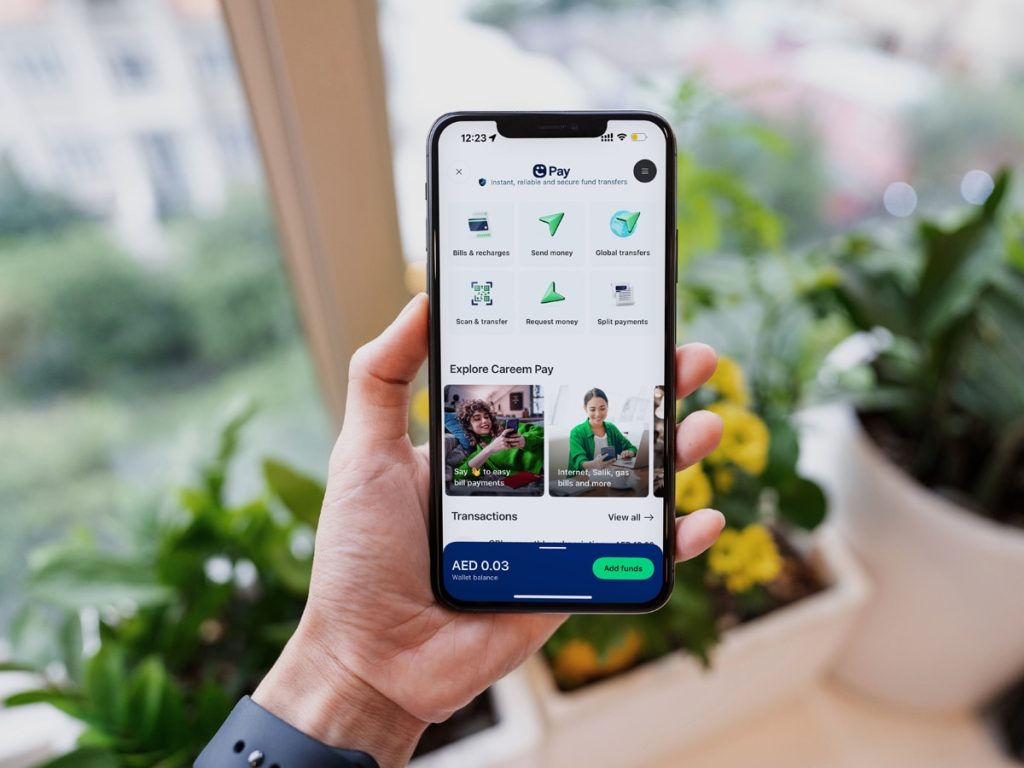In Abu Dhabi, utility services are centrally regulated. If you’re living in Abu Dhabi city or its nearby areas, your electricity and water bills are issued by the Abu Dhabi Distribution Company (ADDC). If you’re in Al Ain or certain regions outside the capital, it’s handled by the Al Ain Distribution Company (AADC). Both entities operate under the Abu Dhabi Department of Energy. These providers issue unified bills monthly, usually delivered via SMS, email, or through their mobile apps.
Opening a utility account requires a tenancy contract and Emirates ID
To pay bills, you first need to have a registered account with the distribution provider. This typically happens when you move into a new apartment or villa. Landlords or real estate agencies often assist with the registration process. You’ll be required to submit your tenancy contract, Emirates ID, and possibly your passport copy. Once the service is activated, a unique account number is issued, and billing begins. Delays in account setup may result in fines, so it’s best to do this immediately after moving in.
ADDC and AADC apps allow 24/7 bill payments
The fastest and most convenient way to pay utility bills is through the ADDC or AADC mobile apps. These apps are available in both Arabic and English and support multiple payment methods including credit cards, Apple Pay, and Google Pay. Once you register using your account number, you can track your usage, download bills, set up auto-pay, and receive due date reminders. This option is particularly useful for expats and busy professionals who prefer handling utilities on the go.
Abu Dhabi Pay integrates multiple service payments in one place
Abu Dhabi Pay is a government-backed digital platform that consolidates various bill payments, including utilities, traffic fines, and municipal fees. It’s accessible through the TAMM portal or app and offers a seamless interface for residents. If you prefer one dashboard for all your civic transactions, Abu Dhabi Pay can be linked to your Emirates ID. This simplifies the process and reduces the chance of missing a payment deadline for any government-related bill.
Banks and ATMs offer over-the-counter and online payments
Major banks in the UAE allow utility payments via online banking or ATMs. If you hold an account with banks like First Abu Dhabi Bank or ADCB, you can add your ADDC account as a payee and make payments directly. Many residents set up standing orders or use their bank’s mobile app to manage bills monthly. Some even opt to pay in person at ATM kiosks, though this is less common among younger or digitally active users.

Kiosks and service centers are still operational for walk-in payments
While digital payments dominate, physical service centers and self-service kiosks remain available throughout Abu Dhabi. Located in malls, municipal buildings, and service centers, these kiosks allow cash and card payments. Elderly residents or those who prefer a more hands-on approach often choose this route. Some locations offer Arabic-speaking staff to assist, which is helpful for new residents unfamiliar with the payment systems.
Monthly due dates are typically fixed, but reminders help
Utility bills in Abu Dhabi follow a monthly cycle and are due around the same time each month, usually within the first 10 days. Late payments can result in service disconnection and reactivation fees. To avoid this, most residents set up auto-pay or subscribe to SMS and email alerts. These notifications often include the due amount, billing period, and deadline, helping residents stay on top of their household finances.
Cooling charges may appear as separate items in some buildings
In newer residential complexes or villas with district cooling systems, cooling charges may be billed separately. Companies like Tabreed or Emicool sometimes manage these services. These bills are separate from your ADDC utility account and require their own payment method or registration. Before moving in, it’s helpful to ask your landlord or property manager about how cooling costs are handled so you’re not caught off guard by an extra bill.
Shared accommodation sometimes complicates billing
For those living in shared villas or apartments, utility bills may be split informally among roommates. However, the primary responsibility remains with the account holder. Some landlords include utility costs in rent, while others expect tenants to pay directly. It’s important to clarify this during the tenancy agreement and set clear internal arrangements for bill division to avoid conflicts or missed payments.
Final bill settlement is essential before moving out
When vacating a property in Abu Dhabi, utility accounts must be closed and the final bill paid. This involves submitting a disconnection request through the app or service center, along with your move-out date. ADDC will then send a technician to record the final meter reading. Your deposit is refunded—typically to your bank account—after any outstanding charges are deducted. Forgetting this step can delay security deposit returns or result in bills being issued in your name post-departure.
This guide was prepared by www.few.ae team, drawing from verified resident experiences and up-to-date information from Abu Dhabi’s utility providers.
